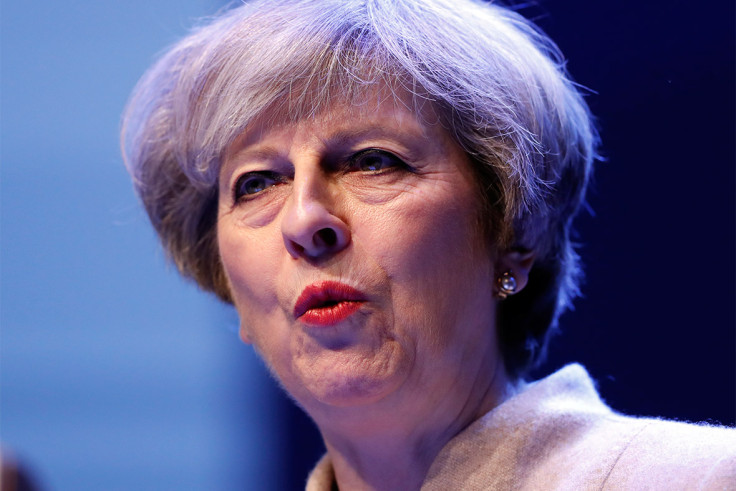Brexiteers never said EU nationals should be forced to leave Britain
The Lords are placing themselves at odds with public opinion, and are risking the survival of their House.

The Lords are making a serious mistake – one that could lead to the abolition of their chamber. In amending the bill that authorises the prime minister to trigger Brexit, peers have picked a fight with the Government on the worst possible ground.
The House of Lords is, of course, allowed (sometimes supposed) to ask the House of Commons to think again about an issue. On this occasion, though, peers are taking on the electorate as a whole, not just MPs.
It's true, as Remainers say, that the referendum didn't specify a particular form of Brexit. The Leave vote was an instruction to the Government to negotiate our withdrawal from the EU on the best possible terms.
But the proposal currently before the Lords doesn't get into detail. It is a very short bill which simply gives the PM the legal power to begin the process, in accordance with last year's referendum.
By tacking amendments on at this stage, rather than waiting for the substantial negotiations, the Lords achieve nothing except to weaken the Government's authority before the talks begin.
Strangest of all, the House of Lords has chosen to have this battle over a complete non-issue, namely the right of EU nationals already in Britain to stay here.
No British politician, as far as I'm aware, is proposing that we deport EU citizens who came to our country in the expectation of being allowed to stay. During the referendum campaign, Vote Leave, of which I was one of the leaders, repeatedly stressed that any new rules would apply only to future entrants. Ukip said the same.
Britain isn't Sudan, for heaven's sake. You only have to contemplate the idea of a mass expulsion here to see how preposterous it is. The Lords, in other words, are placing themselves athwart public opinion, and are risking the survival of their House, for the sake of an issue whose outcome was never seriously in doubt.
Ah, say some Remainers, but if that's the case, why doesn't the Government simply accept their Lordships' amendment and make official what it keeps saying privately, namely that the three million EU nationals in the UK will have their rights guaranteed?
The answer goes to the heart of why the Lords have made such a blunder. Ministers were, as I understand it, close to securing a reciprocal deal which would have secured the established rights of Britons living in the EU and of EU nationals in Britain. Such a deal would still arguably represent a concession, in the sense that there are many more EU citizens here than Brits in Europe. Still, giving those people early peace of mind is the decent thing to do, and my information is that 26 of the other 27 states were happy to take that issue off the table before the formal talks began. Only Germany insisted that there must be no such deal until Article 50 was formally triggered.
If this is indeed the situation, then accepting the Lords' amendment would prejudice the rights of the Brits in France and Spain without any commensurate gain. Now I have no way of knowing precisely what the state of play is among the governments, because I'm not running the negotiations. But I reckon I'm closer to the process than most peers.
Which is why it is so silly for the Lords, at this stage, to try to limit the options of ministers in a negotiation about which, necessarily, they have limited information. Yes, Parliament should join the debate. Yes, both chambers should have a say on the final outcome. But we can't conduct negotiations on the basis that several hundred unelected Europhiles, sitting far from the centre of events, micromanage the Government's tactics.
True, the House of Lords has the technical right to amend or, indeed, reject the Article 50 legislation. In the same way, the prime minister has the technical right to appoint 500 new peers who will implement the result of the referendum; and the House of Commons has the technical right to replace a bloated chamber of quangocrats with something more democratic. That outcome seems likelier now than at any time since Tony Blair promised reform in the late 1990s. Good.
Daniel Hannan has been Conservative MEP for the South East of England since 1999, and is Secretary-General of the Alliance of European Conservatives and Reformists Follow : @danieljhannan
© Copyright IBTimes 2024. All rights reserved.






